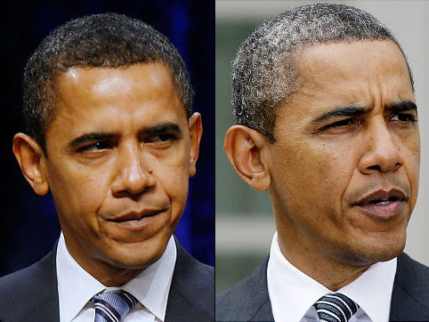The NY Times recently published a piece in which a 41-year-old doctor in Boston muses about advances in the science of anti-aging. She is pregnant with her first child and wonders whether aging is really inevitable. Her dad does pull-ups at age 70 and pursues studies on “how he might slow the ticking clock.” Aging for folks like this is clearly something to be conquered, not accommodated.
“Longevity researchers,” she says, “would tell you that aging itself is a disease that we can understand and treat, cancer and heart disease and dementia only its symptoms.” Hmm, if aging is a disease, I must be pretty sick at 88. I do have age spots but no cancer or heart disease—yet—and no crippling ailments or obvious mental disorders, though some might contest that. So I got lucky in the old age sweepstakes.
I’ve been blessed with good health (with some minor problems) in the last few years, and I look at getting older as something perfectly normal. If I can get another year or so, that would be fine. I don’t fear death, though I might if things change. For now, I look and feel younger than my chronology would predict. Except in the morning.
Getting older, I’ve been drawn to feel that so much of what we do as a society works against nature. We humans can’t even manage ourselves, and all our false notions of progress are usually at the expense of the natural world and those less fortunate. How we respond to climate change will be the ultimate test.
So I find that anti-aging and extending human life are like so many other new tools for fighting off or plundering nature and advancing bogus notions of progress. Work proceeds apace on gene modification, CRISPR, AI, and other high-minded efforts to alter our humanity and improve on what nature gives us. I never thought I’d say this, but why is science always the answer?
A good friend in her mid-70s recently had major surgery for an intestinal blockage. She was quite healthy, and this came as a big shock. So did the resulting colostomy. She’s been depressed, won’t eat, and talks about wanting to just give up. The vicissitudes of our health can change everything.
If good health is everything, why are we so cavalier about it? Could someone in poor health rely on an anti-aging program? Will these programs be just for the rich? Of course they will.
To her credit, Dr. Lamas, the writer, is not wholly convinced that anti-aging science will provide a better life: “it is not entirely clear that having a younger genetic than chronological age confers a longer or better life.” If I continue to be blessed with good genetics and health, old age remains something to treasured—until it’s not.

